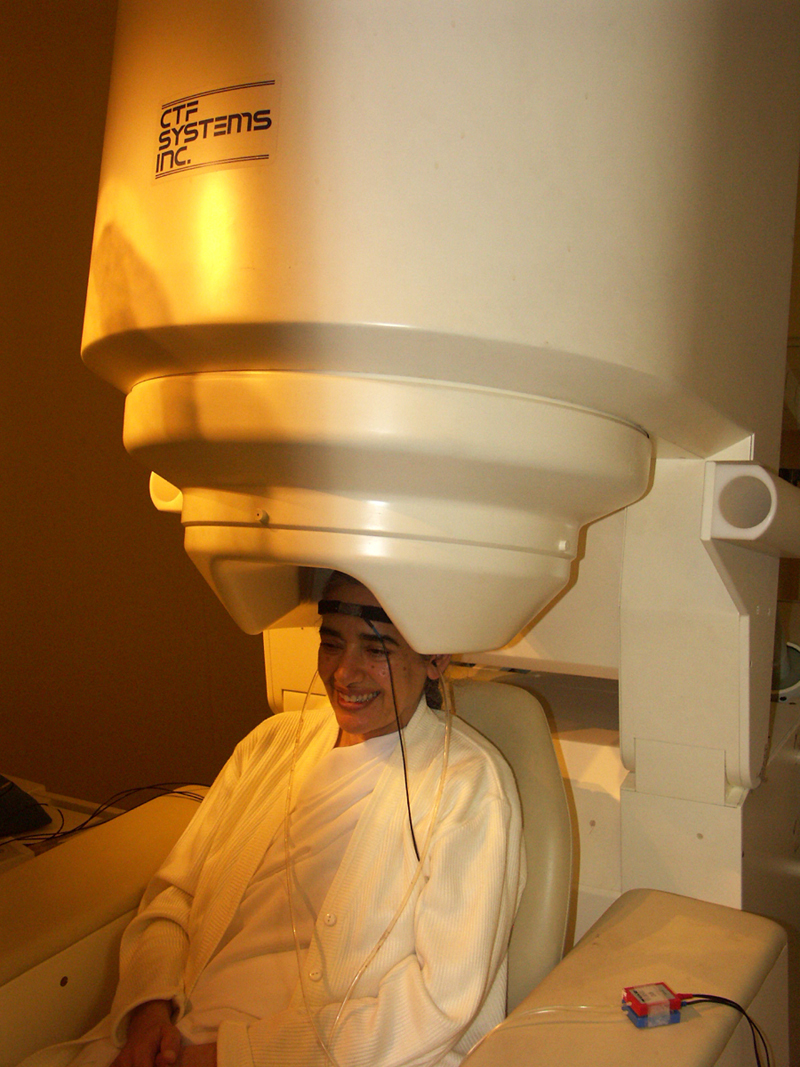“Spirituality and psychiatry – on the face of it, they do not seem to have much in common. But we are becoming increasingly aware of ways in which some aspects of spirituality can offer real benefits for mental health.”
– Royal College of Psychiatrists
Spirituality, medicine, and healthcare have been related in one way or another in all population groups since the beginning of recorded history. Only in recent times have these systems of healing been separated, particularly in industrialised nations.
What is Spirituality?

“The spiritual journey does not consist of arriving at a new destination where a person gains what he did not have, or becomes what he is not. It consists of the dissipation of one’s own ignorance concerning one’s self and life, and gradual growth of that understanding, which begins a spiritual awakening. The finding of God is coming to one’s self” – Aldous Huxley
Spirituality is not necessarily tied to any particular religious tradition or system of beliefs. Although cultural context can play a part, each individual has their own unique experience of spirituality, that may or may not include religious beliefs.
Spirituality involves the recognition of something greater than oneself, outside of conscious, waking sensory experience. It means knowing that life can have greater significance and that each of us is part of a purposeful unfolding of life in our universe.
This often involves certain universal themes of love, compassion, altruism and life after death.
Spirituality and Psychological Resilience
In the past decade or so, researchers across a range of disciplines have begun revisiting and acknowledging the positive contribution that spirituality can make to mental health. People often seek out spirituality in times of acute emotional stress, physical and mental illness, loss, bereavement, and the impending approach of death.
A lack of ultimate meaning in life, considered an important dimension in spirituality, is associated with substance misuse and addiction, as well as other mental health problems including anxiety and depression.
What happens to the brain during spiritual experiences?
We used magnetoencephalography (MEG) to measure the changes in brain waves that occur during meditation, and found that certain alterations correlated strongly with reduced self-awareness and the subjective experience of “unity”. These results were among the first to reveal how meditation calms and silences the mind.

We intend to conduct more studies in expert contemplative practitioners in order to better understand the physiological counterpart to the profound altered states that can be reached through these practices.
References
- Moreira‐Almeida, A., Sharma, A., van Rensburg, B. J., Verhagen, P. J., & Cook, C. C. (2016).
WPA position statement on spirituality and religion in Psychiatry. World Psychiatry, 15(1), 87-88. - Royal College of Psychiatrists: Spirituality and Mental Health
- https://www.rcpsych.ac.uk/docs/default-source/members/sigs/spirituality-spsig/what-is-spirituality-maya-spencer-x.pdf?sfvrsn=f28df052_2
- https://www.mentalhealth.org.uk/sites/default/files/impact-spirituality.pdf
Podcast
- All
Links
- All
Support
- All
BIPRP
- All
Science Talk
- All
Amanda's Talks
- All
- Video Talk
- Featured
- 2016 Onwards
- 2011-2015
- 2010 and Earlier
- Science Talk
- Policy Talk
One-pager
- All
Music
- All
Amanda Feilding
- All
Events
- All
Highlights
- All
Psilocybin for Depression
- All
Current
- All
Category
- All
- Science
- Policy
- Culture
Substance/Method
- All
- Opiates
- Novel Psychoactive Substances
- Meditation
- Trepanation
- LSD
- Psilocybin
- Cannabis/cannabinoids
- Ayahuasca/DMT
- Coca/Cocaine
- MDMA
Collaboration
- All
- Beckley/Brazil Research Programme
- Beckley/Maastricht Research Programme
- Exeter University
- ICEERS
- Beckley/Sant Pau Research Programme
- University College London
- New York University
- Cardiff University
- Madrid Computense University
- Ethnobotanicals Research Programme
- Freiburg University
- Medical Office for Psychiatry and Psychotherapy, Solothurn
- Beckley/Sechenov Institute Research programme
- Hannover Medical School
- Beckley/Imperial Research Programme
- King's College London
- Johns Hopkins University
Clinical Application
- All
- Depression
- Addictions
- Anxiety
- Psychosis
- PTSD
- Cancer
- Cluster Headaches
Policy Focus
- All
- Policy Reports
- Advisory Work
- Seminar Series
- Advocacy/Campaigns
Type of publication
- All
- Original research
- Report
- Review
- Opinion/Correspondence
- Book
- Book chapter
- Conference abstract
- Petition/campaign
Search type
